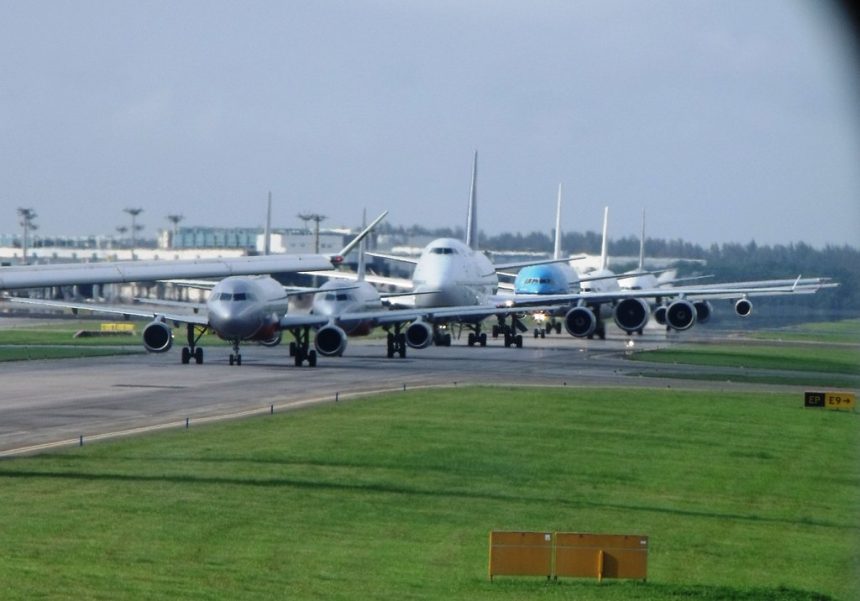Changi Airport, in a pioneering move spearheaded by the Civil Aviation Authority of Singapore (CAAS), has begun trials using renewable diesel for its airside vehicles. This initiative is part of a broader effort to decarbonize Singapore’s aviation sector, aligning with the country’s environmental goals and commitment to sustainability.
Benefits of Renewable Diesel
Renewable diesel is heralded for its significantly lower lifecycle carbon emissions—up to 95% less compared to conventional fossil diesel. This substantial reduction offers a promising avenue to mitigate the environmental impact of airport operations, particularly in heavy and specialized vehicles that are crucial for day-to-day activities at one of the world’s busiest airports.
Details and Duration of the Trials
The trials at Changi Airport are slated to last one year and will encompass a variety of heavy and specialized airside vehicles. The goal of these trials is to gather comprehensive data and insights on the feasibility, performance, and environmental benefits of switching to renewable diesel. This information will be crucial for CAAS in its deliberations on whether to fully adopt this alternative fuel for future operations.
Broader Environmental Goals
The initiative is part of Singapore’s broader strategy to reduce emissions from airport operations and to achieve ambitious environmental targets. The nation has set forth objectives to reach net-zero domestic and international aviation emissions by 2050, including those from international flights operated by Singapore-based airlines. This trial represents a critical step towards realizing these goals and demonstrates Singapore’s commitment to leading by example in the fight against climate change.
Also learn about Expanding Skies: Singapore and Philippines Sign Landmark Codeshare Agreement.







